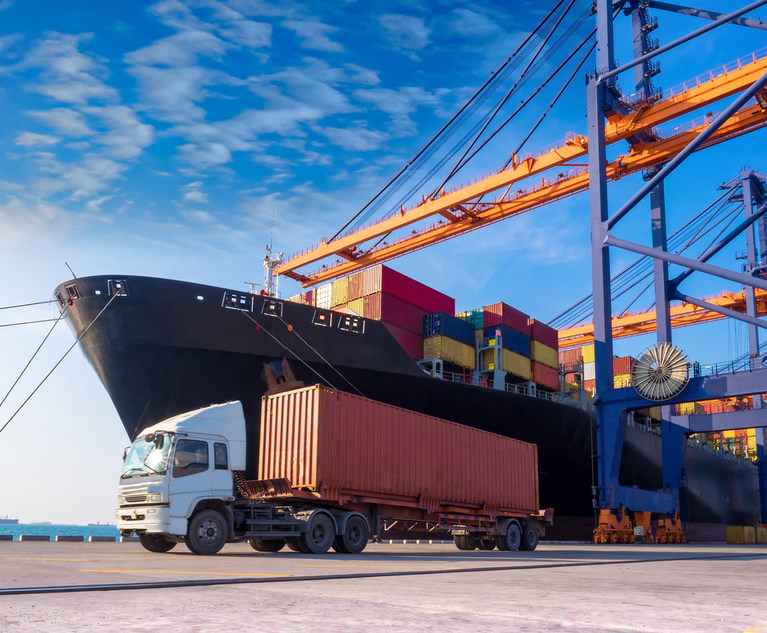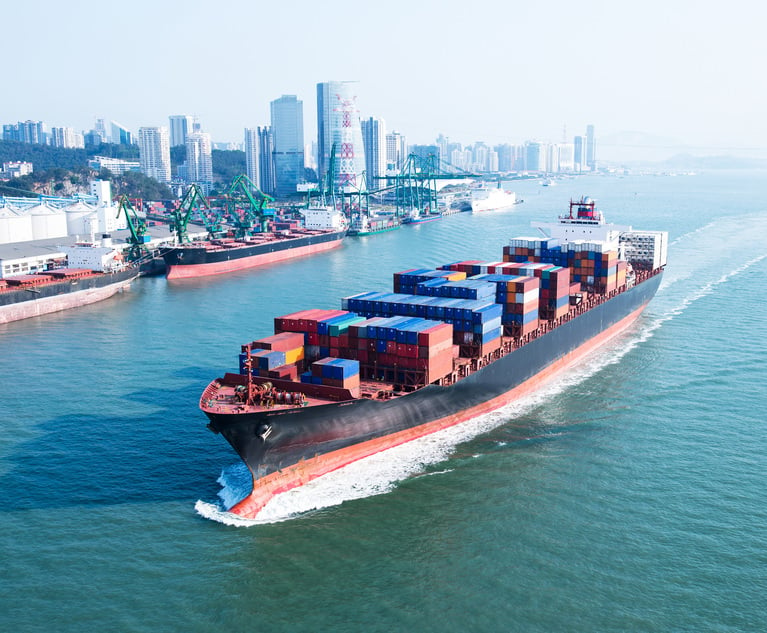It seems appropriate during this most unusual holiday season, when supply chains across the globe have suffered massive pandemic-induced traffic jams, to address how parties to maritime transportation contracts allocate the cost of delays to the movement of merchant ships and cargo. Merchant shipping is a capital-intensive industry that requires enormous financial commitments to build and operate the gargantuan container ships that everyone sees on the news these days at anchor off Southern California. Of course, those vessels are only part of the global merchant fleet, a third of which are tankers devoted to the carriage of crude oil and petroleum products. Still other vessels service offshore wind farms, carry grain, agricultural products and commodities like coal in bulk, transport liquified natural and petroleum gas, and fish the oceans, among other ventures. All told 90 percent of the world’s goods are transported by sea.
Ordinarily, merchant ships transporting goods earn revenue by charging hire or freight to a charterer, who charters or leases a vessel for a set period or single voyage to carry either the charterer’s cargo or the cargo of multiple shippers for whom the charterer in concert with the vessel owner acts as carrier. Charter hire is earned under a time charter (whether a vessel is delayed or not), while freight accrues under a voyage charter for the transportation of goods from point A to B. Vessels can be both time and voyage chartered. The contracting chain flows from head owner or bareboat charterer (literally a charterer who charters a vessel bare of a crew) to time charterer, and then perhaps to a voyage charterer and further to one or more sub-voyage charterers. In each case, either hire or freight is due to the party up the chain. When a vessel arrives at port, it tenders a Notice of Readiness (NOR), which triggers the start of the laytime-demurrage clock. Laytime is the amount of free time that the vessel owner (or upstream charterer) permits a downstream voyage charterer to load and unload its cargo. Once that laytime expires, demurrage accrues under a voyage charter at a set rate per day. Voyage charters often include various exceptions to the accrual of demurrage, for example, delays caused by port closures, vessel breakdowns, and weather. Disponent owners (that is, upstream bareboat and time charterers) and voyage charterers are often at odds about the amount of demurrage due and owing for delays encountered at ports of call, which can lead to either judicial or arbitral disputes. The factual permutations are nearly endless.
This content has been archived. It is available through our partners, LexisNexis® and Bloomberg Law.
To view this content, please continue to their sites.
Not a Lexis Subscriber?
Subscribe Now
Not a Bloomberg Law Subscriber?
Subscribe Now
LexisNexis® and Bloomberg Law are third party online distributors of the broad collection of current and archived versions of ALM's legal news publications. LexisNexis® and Bloomberg Law customers are able to access and use ALM's content, including content from the National Law Journal, The American Lawyer, Legaltech News, The New York Law Journal, and Corporate Counsel, as well as other sources of legal information.
For questions call 1-877-256-2472 or contact us at [email protected]


 Image by shutterstock.
Image by shutterstock.




